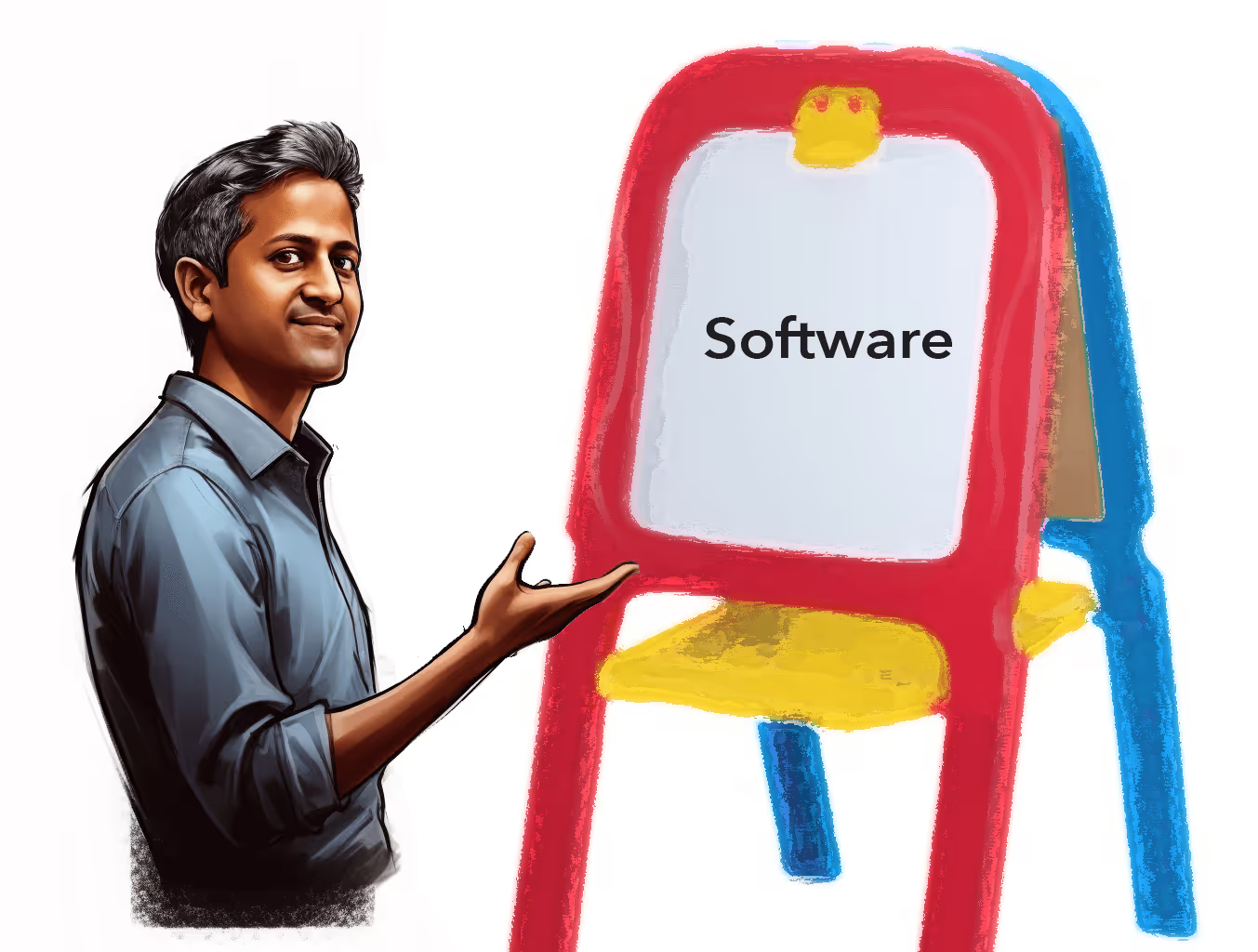November 8, 2023

So let's talk about software costs now, on this mission of cost control. When we think about what software you need at a startup in the early days, most people think about something for CRM, something to track sales and leads in the pipeline. It's super important to track your pipeline. Then, you probably need something for customer support, so I'll just say support here. You might need a chat system, maybe a phone system, and then, finally, you're probably going to need something for billing, particularly if you're accepting credit cards.
Let's just say these are some typical needs that virtually every startup has. What are some cost-effective ways to address this? Because on day one, you're not trying to build a battleship; you're trying to get the job done efficiently.
Now, your mileage will vary on CRM. If you're a hardcore CRM user, maybe there is value in buying a specific CRM product and getting into that, especially when it comes to the marketing side. Maybe a tool like HubSpot, which pulls all of those together, could be useful. There are others in that vein as well. HubSpot, by the way, is very expensive. HubSpot for startups is 90% off, so if you're going to do HubSpot, I think it's the only way to do it, otherwise, it's just too expensive for most startups.
But I would offer up something potentially even cheaper. The CRM and support you could easily track in a tool like Asana for free, or Trello, or something like that. Essentially a Kanban board. Why not just use something like that? It's better than a Google Sheet or perhaps a little bit easier to look at visually and to track progress. You can use free tools like this to handle both of these cases pretty effectively in the early going.
Chat and phone — well, you need some communication, but why not just use free Slack? You've got the free tier of Slack. Or, if you want to integrate these pieces and you've got your demos, etc., Zoom actually has a decent product which is not terribly expensive. It gives you the phone, SMS, and a very Slack-like chat for something like $20 a month per user. The fact that it includes unlimited phone might make that worth it.
On the billing side, everybody goes with Stripe. Nothing wrong with Stripe; actually, many things are right with Stripe, which is why they're the market leader. But from a cost perspective, what is Stripe? Stripe is at 3%. Another option, if you're willing to go with something a little more low-tech in the sense that its APIs aren't as clean, is Authorize.net. It does provide the same capabilities as Stripe, substantially cheaper because you can negotiate with whatever merchant services provider, meaning credit card billing provider, you want. Over time, we were getting all-in costs around 2.5%. Stripe ends up being a hair over three, and actually, with recurring billing, I should amend this — it ends up being 3 to 4%, whereas with Authorize.net, we were at 2.5% including recurring subscription billing. So, the delta there — call it one percentage point — that's very significant. We were doing multi-million in credit card charges, so 1% — that's $30,000 to $40,000 very quickly.
So a few ideas for you to consider. Definitely hunt down the deals, but don't try to build a battleship when that's not what you need. Just focus on solving the basic problems, and then bolt that other stuff on later.
Business Principles
Startup Costs Video Series
Pursuit of Profits